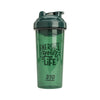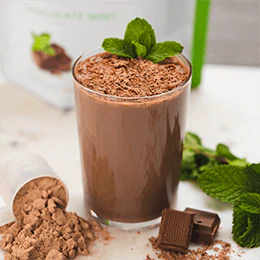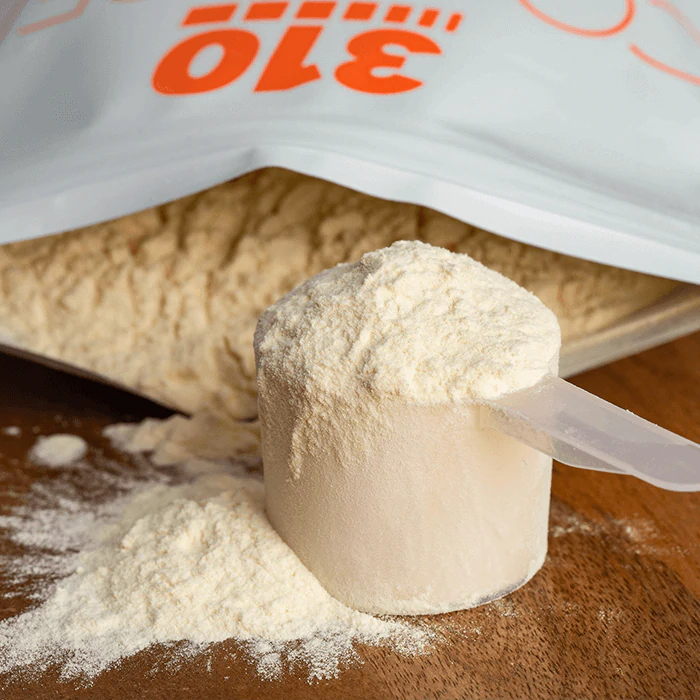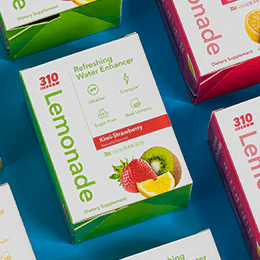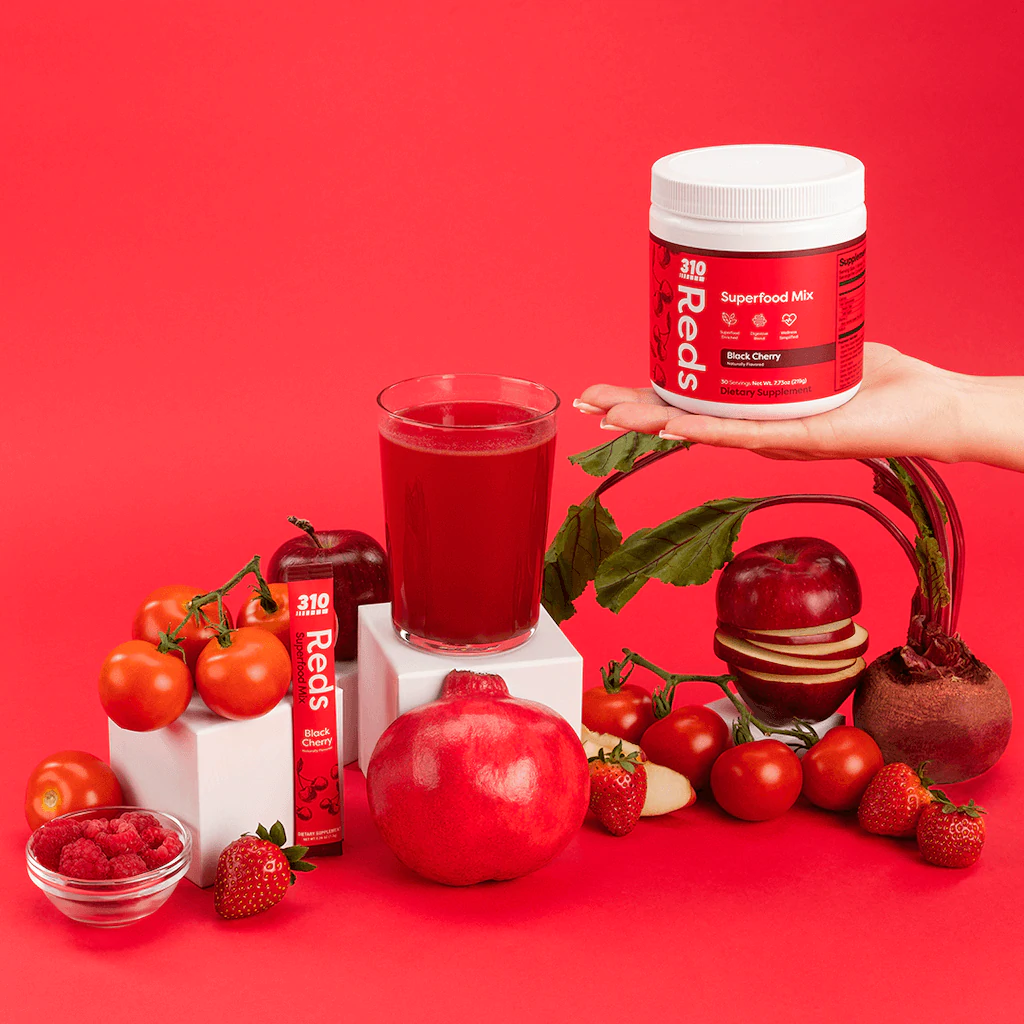If you’re just beginning the ketogenic diet, you probably already know the basics: eat a very low amount of carbs and a higher amount of fat each day. But you might still be fuzzy on which carbs you can eat, and why exactly there are so many you can’t. You may be left wondering, are ALL carbs bad?!
The answer to your question is NO – not all carbs are bad! In fact, complex carbs (the “good carbs” you get from veggies and whole grains), are actually an essential part of a healthy diet. But the reason why carbs are carefully monitored on a keto diet is to keep your body within the state of ketosis – enabling you to burn fat faster and feel more energetic. The tricky part is finding the right balance of getting the good carbs you need and staying in ketosis.
Let’s start by digging into what carbs actually are, how they affect your goals on a keto diet, and how you can best keep track of them on keto to ensure your success.
So, What Are Carbohydrates?
Oatmeal, white bread, vegetables, a sugar-filled beverage and ice cream… though these foods may seem to have nothing in common, they actually have very much in common! They all contain carbohydrates. Though some supply your body with a vast array of beneficial nutrients (and therefore energy), while others offer nothing but a quick blood sugar spike and empty calories.
When discussing the keto diet however, it’s important to look at all carbs as one and the same - as strange as that may seem. This is extremely different from the USDA’s dietary guidelines on healthy eating, but it’s important to remember that with keto, all the rules change.
Carbohydrates are one of three essential macronutrients (the others being fat and protein) that your body cannot produce on its own – they must be obtained from your diet. They are also one of three ways that your body gets energy (or calories).
Carbs on a Regular Diet vs. Carbs on Keto
Typically on a regular diet, carbohydrates are what provide your body with fuel for energy. They’re also vital for proper brain function, and have an effect on mood and memory. But on the keto diet, you essentially switch your main fuel source from carbohydrates to fat (or ketones). Your body and brain actually greatly benefit from this change to a new metabolic state, which is called ketosis.
But that doesn’t mean you can cut carbs out completely on keto – it just means they’re no longer as important as they used to be. Instead, fat is the new “king macronutrient” on a keto diet, getting a majority of the credit for all of keto’s potential health benefits.
What Carbs to Eat on Keto
The best types of carbs to have on keto are those that are low in overall carbohydrate content and sugar, high in fiber, and provide nourishment to the body instead of empty calories.
Low-Carb Veggies

- Cauliflower
- Broccoli
- Kale
- Spinach
- Other Leafy greens
- Asparagus
- Brussel Sprouts
- Cucumber
- Celery
Small Amounts of Antioxidant Packed Fruit

- Avocado
- Blackberries
- Raspberries
- Strawberries
Fiber-Packed Nuts & Seeds

- Macadamia nuts
- Pecans
- Brazil nuts
- Walnuts
- Almonds
- Peanuts
- Chia seeds
- Pumpkin seeds
What Carbs to Avoid on Keto
Sugary Foods/Beverages

- Cakes, cupcakes and other baked goods
- Other desserts containing sugar
- Sugary drinks (soda, vitamin waters, juices)
Most Grains

- Bread
- Pasta
- Cereals
- Rice
- Quinoa
- Oats
High-Carb Vegetables:

- Potatoes/sweet potatoes
- Beets
- Corn
- Carrots
High-Carb Fruits:

- Bananas
- Apples
- Mangos
Legumes and Beans:

- Chickpeas
- Lentils
- Kidney beans
- Garbanzo beans
Dairy:

- Milk
- Sugary yogurts and kefir
How Many Carbs Can You Eat On Keto?
To understand the amount of carbs you can eat on keto, first you have to understand what net carbs are and how you calculate them.
Net Carbs vs. Total Carbs
When looking at a food label on keto, you want to look for three different things: total carbs, fiber and any sugar alcohols. All of these will help you get to your net carb amount.
What are the total carbs on a food label? These are all of the carbs that are in that particular food item. This may include dietary fibers and sugars including any added sugars or sugar alcohols.
To find the net carbs, you subtract the amount of fiber and sugar alcohols from the total carb count. This is because these two things are thought to have a minimal impact on your blood sugar levels – and won’t kick you out of ketosis.
How to Calculate Net Carbs for Keto
As an example of finding your net carb count, if a food item has 20g of carbs and 7g of fiber, then your net carbs would be 13g.
20 – 7 = 13
If your food item has 10g of carbs, 4g of fiber and 1g of sugar alcohols, then your net carbs would be 5g.
10 – 4 – 1 = 5
How many net carbs can you have on keto? Should you use keto net carbs or total carbs?
When it comes to how many carbs you can have daily to be able to get into ketosis, your best bet is to focus on your net carbs over total carbs. And you should keep your daily net carb amount at 30g or less. Check out this free keto calculator to do the math for you.
Of course, if you’re following a lazy keto diet – or a version of keto where you don’t keep strict track of your carbs, protein and fat amounts for the day – you can just eye product labels to make sure you’re staying near 30g of net carbs per day.
Some of the Best Carb-Tracking Apps
Most of the carb-tracking apps are free and can easily be downloaded on your smartphone or tablet. Some of the most popular options include:
Recap: Carbohydrates and The Keto Diet
Many good, healthy carbohydrates are typically an essential part of a wholesome diet, providing vitamins, minerals, dietary fibers and more. But on a keto diet, most of them simply are too high in carb content, and therefore weigh you down and prevent you from reaching ketosis.
Therefore, you have to be smart about your carb intake on keto. You need to get enough carbs and fiber to help your digestive system run optimally and promote good bowel health. You also need to be sure you’re getting enough nutrients – especially those you would normally get from healthy carb sources that simply won’t work on keto.
Therefore, we have a solution for you… keto-friendly meal replacement shakes.
But of course, not just any meal replacement shakes will do. 310 Shakes are exactly what you need because they have NO sugar, 5g of fiber, 20 vitamins and minerals, superfoods AND probiotics for gut health. Plus, they’re low in carbs with only 7g of total carbs and 2g of net carbs.
One or two of these shakes per day will ensure you meet all of your carb needs on keto. They’re the perfect solution for staying in ketosis while on-the-go, helping you fight off nutrient deficiencies, and streamlining digestive health. And they taste delicious! Find everything you need to make scrumptious keto shakes in our Keto Kit today – along with more quick and easy keto meal ideas. Get yours now!
Have you seen weight loss results by keeping track of your net carbs on keto? Let us know about your experience in the comments, below!
Sources:
https://www.livescience.com/51976-carbohydrates.html
https://medlineplus.gov/ency/patientinstructions/000321.htm

